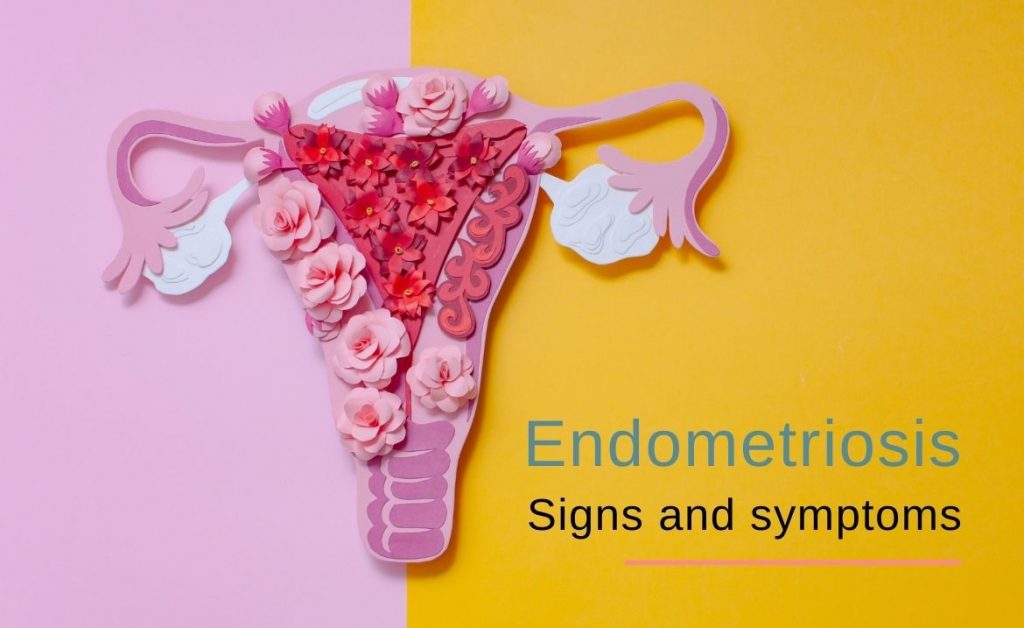
Endometriosis is a chronic condition where tissue similar to the lining inside the uterus, known as the endometrium, starts to grow outside the uterine cavity. This tissue can be found on the ovaries, fallopian tubes, the outer surface of the uterus, and other organs within the pelvis. Endometriosis is known for causing significant pain, especially during menstrual periods, and it can also lead to infertility.
Causes of Endometriosis
The exact cause of endometriosis is not fully understood, but several theories have been proposed, including:
- Retrograde menstruation: This theory suggests that menstrual blood containing endometrial cells flows back through the fallopian tubes and into the pelvic cavity instead of leaving the body.
- Embryonic cell transformation: Hormones such as estrogen might transform embryonic cells into endometrial-like cell implants during puberty.
- Surgical scar implantation: After surgeries like a hysterectomy or C-section, the endometrial cells might attach to the surgical incision.
- Immune system disorders: Issues with the immune system may make the body unable to recognize and destroy endometrial-like tissue that’s growing outside the uterus.
Symptoms of Endometriosis
Symptoms vary widely and may include:
- Pelvic pain, often associated with menstrual periods
- Pain with intercourse
- Pain with bowel movements or urination
- Excessive bleeding during or between periods
- Infertility
- Fatigue, diarrhea, constipation, bloating, or nausea, especially during menstrual periods
The Role of Ultrasound in Diagnosis and Treatment
Ultrasound, particularly transvaginal ultrasound, plays a crucial role in diagnosing endometriosis. It can detect ovarian endometriomas (cysts formed by endometriosis), which are a common sign of the condition. While ultrasound can’t definitively diagnose all forms of endometriosis, it’s an essential tool for identifying signs that suggest its presence and for guiding further diagnostic procedures, such as laparoscopy.
Comprehensive Care at London Private Ultrasound
At London Private Ultrasound, we offer specialized ultrasound services to assist in the diagnosis and management of endometriosis. Our approach includes:
- Transvaginal Ultrasound: Provides detailed images of the reproductive organs and can identify ovarian cysts associated with endometriosis.
- Transabdominal Ultrasound: Offers a broader view of the pelvic region, which can be useful in identifying larger endometriotic lesions or cysts.
Beyond imaging, we collaborate closely with a network of GPs and specialists in gynecology and reproductive medicine to ensure a comprehensive, multidisciplinary approach to managing endometriosis. This collaborative care might involve:
- Medication management: To relieve pain and reduce inflammation.
- Hormonal therapies: Aimed at controlling the hormonal fluctuations that contribute to endometriosis growth.
- Surgical options: For patients with severe symptoms or those looking to improve fertility, surgery might be considered to remove as much endometriosis as possible while preserving healthy tissue.
Why Choose London Private Ultrasound?
London Private Ultrasound is committed to providing high-quality, compassionate care for women suffering from endometriosis. We understand the complex nature of this condition and its impact on your quality of life. Our clinic is equipped with the latest ultrasound technology, and our team is dedicated to offering personalized care tailored to your unique needs.
If you’re experiencing symptoms suggestive of endometriosis or seeking expert management for your condition, contact London Private Ultrasound today. We’re here to support you with advanced diagnostic services and comprehensive care to navigate this challenging condition.
To book online select the date and time that suits you best – alternatively, please contact us with any questions via the chat, call or email links provided.
Telephone: 020 7101 3377

